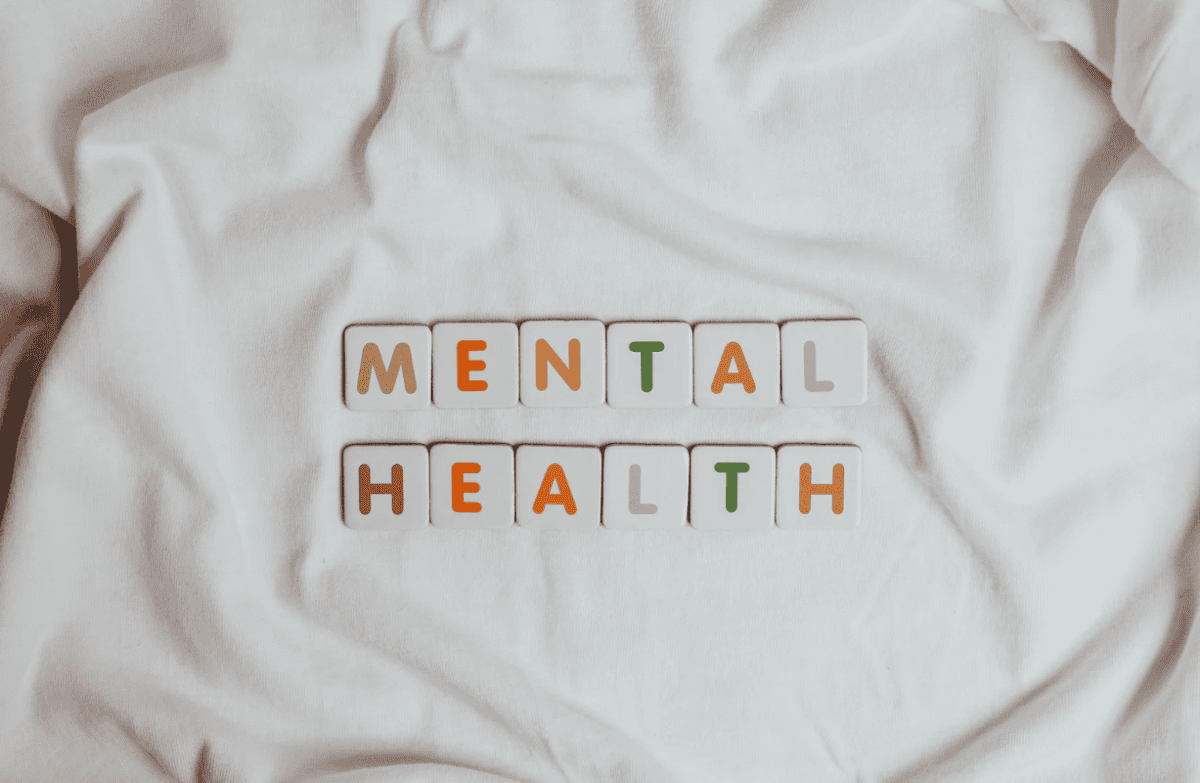Mental health has become more important than ever in today’s fast-paced world. With constant pressures from work, social obligations, and the uncertainties of life, stress levels are rising across the board. What is the secret to boost your mental health?
Ignoring mental health can lead to burnout, anxiety, and a range of other issues. Fortunately, improving your mental health and relieving stress doesn’t always require a trip to a professional. Improving mental health doesn’t always require professional help. Incorporating simple practices into your routine can make a huge difference.
These easy-to-follow tips can help reduce stress, promote mental clarity, boost your mental health and improve your overall well-being.
Practices to Boost Your Mental Health
1. Sleep Without a Care in the World
Sleep is one of the most crucial factors for maintaining good mental health. A lack of quality sleep can leave you feeling irritable, anxious, and mentally drained. Getting enough rest gives your brain time to recharge and helps with emotional processing. To boost mental health, it is extremely important to get at least seven to nine hours of sleep each night.
Have trouble falling asleep? Try creating a soothing environment by playing calming sounds and using blackout curtains to reduce external noise. Another way to improve sleep is by incorporating essential oils into your nighttime routine.
Essential Oils such as lavender and chamomile are known for their calming properties. Pure Essential Oils, a product line of Melaleuca: The Wellness Company, provides 100% authentic and pure oils (single and blended). Founded by Frank VanderSloot, the company has been setting a benchmark for essential oils for 35 years!
Diffusing these oils in your bedroom or adding a few drops to your pillow can help relax your mind and body, making it easier to fall asleep. Lavender, in particular, has been shown to lower heart rates and reduce anxiety, promoting deeper, more restful sleep. This simple practice can greatly enhance your sleep quality, leaving you feeling refreshed and ready to tackle the day ahead.

2. Practice Mindfulness Meditation
Mindfulness meditation is a powerful tool for managing stress and improving mental health. This practice involves focusing on the present moment and letting go of any worries or anxieties about the past or future. By focusing on the here and now, you can quiet the mental chatter that often leads to stress.
You don’t need hours of meditation to see the benefits—even a few minutes a day can make a big difference. Find a quiet place, sit comfortably, and focus on your breathing. Over time, mindfulness meditation can improve mental clarity, reduce stress, and boost your overall sense of well-being.
3. Exercise Regularly
Exercise is not only great for your physical health but also your mental well-being. Physical activity releases endorphins, the body’s natural mood boosters, which help combat feelings of stress and anxiety. Regular exercise can also improve your sleep, energy levels, and concentration. For those seeking additional support for mental clarity and focus, supplements like Cogniultra and Youthful Brain can complement the benefits of exercise. These supplements are designed to enhance cognitive function, support memory, and boost mental sharpness, making them a valuable addition to a healthy lifestyle.
You don’t need to commit to an intense workout routine to experience the benefits. Simple activities like going for a walk, practicing yoga, or even dancing can help elevate your mood and relieve stress. The key is consistency. Try to incorporate some form of physical activity into your daily routine.
4. Set Boundaries with Technology
In today’s digital world, we are constantly bombarded with notifications, emails, and social media updates. While staying connected is important, too much screen time can lead to mental fatigue, stress, and anxiety. Setting boundaries with technology is, therefore, essential for maintaining mental health.
One simple way to create balance is by scheduling tech-free time each day. This could mean putting your phone away during meals, setting a limit on social media usage, or avoiding screens an hour before bedtime. By limiting your exposure to technology, especially in the evening, you allow your mind to unwind and recharge. This practice helps reduce overstimulation and gives you the mental space to focus on relaxation and mindfulness.
5. Spend Time in Nature
Nature has an incredible ability to restore peace and tranquility to the mind. When stress levels rise, simply go to the park or take a short trip somewhere surrounded by nature’s beauty.
Natural settings promote relaxation by removing you from the distractions and demands of daily life. Fresh air, the sounds of birds, and the soothing effect of natural light all contribute to reducing cortisol levels, which helps combat stress.
Aim to spend at least 30 minutes a day in nature, even if it’s just a short stroll outside during lunch. Over time, this simple habit can greatly improve your mental well-being.
6. Connect with Loved Ones
Strong social connections are vital for mental health. When you’re feeling stressed or overwhelmed, turning to friends or family members for emotional support can make all the difference. Having someone to talk to can provide comfort, perspective, and a sense of belonging, which is crucial for reducing stress.
Make an effort to nurture your relationships by staying in touch with loved ones, whether it’s through regular phone calls, video chats, or face-to-face visits. Spending time with people who lift your spirits and understand your experiences can greatly reduce feelings of isolation and anxiety.

7. Engage in a Creative Hobby
Creative activities provide an excellent outlet for stress relief. Whether it’s painting, writing, crafting, or playing an instrument, creative hobbies allow you to express yourself and distract your mind from worries. Engaging in a hobby can be a therapeutic way to release pent-up emotions, shift your focus away from stressors, and boost your mental health.
The beauty of creative hobbies is that they encourage mindfulness. When you immerse yourself in a creative task, you become present in the moment, which helps reduce anxiety and mental fatigue. Make time for a creative activity that you enjoy, or try something new to stimulate your mind. This practice can improve your mental health by providing a break from daily stress and fostering a sense of accomplishment.
Boosting your mental health doesn’t always require complicated methods or professional interventions unless you have a disorder or the stress becomes overwhelming. Incorporating simple yet powerful practices into your daily life can make a profound difference in how you feel, think, and approach challenges.
These small changes are more than just stress-relievers; they are essential tools for building resilience and nurturing a healthier mindset. Remember, your mental health is worth investing in, and sometimes the most effective solutions are the simplest ones.


